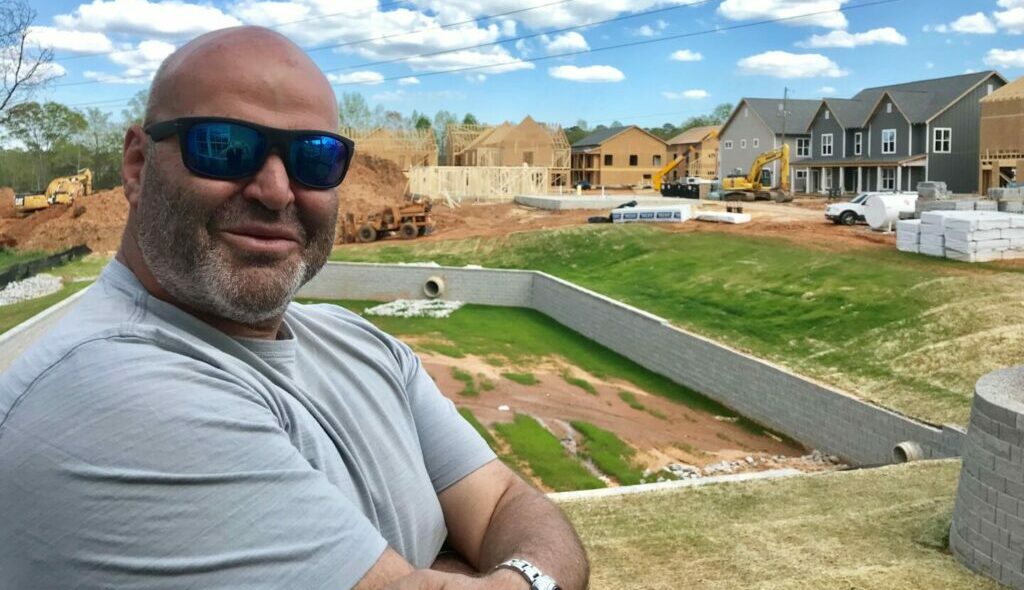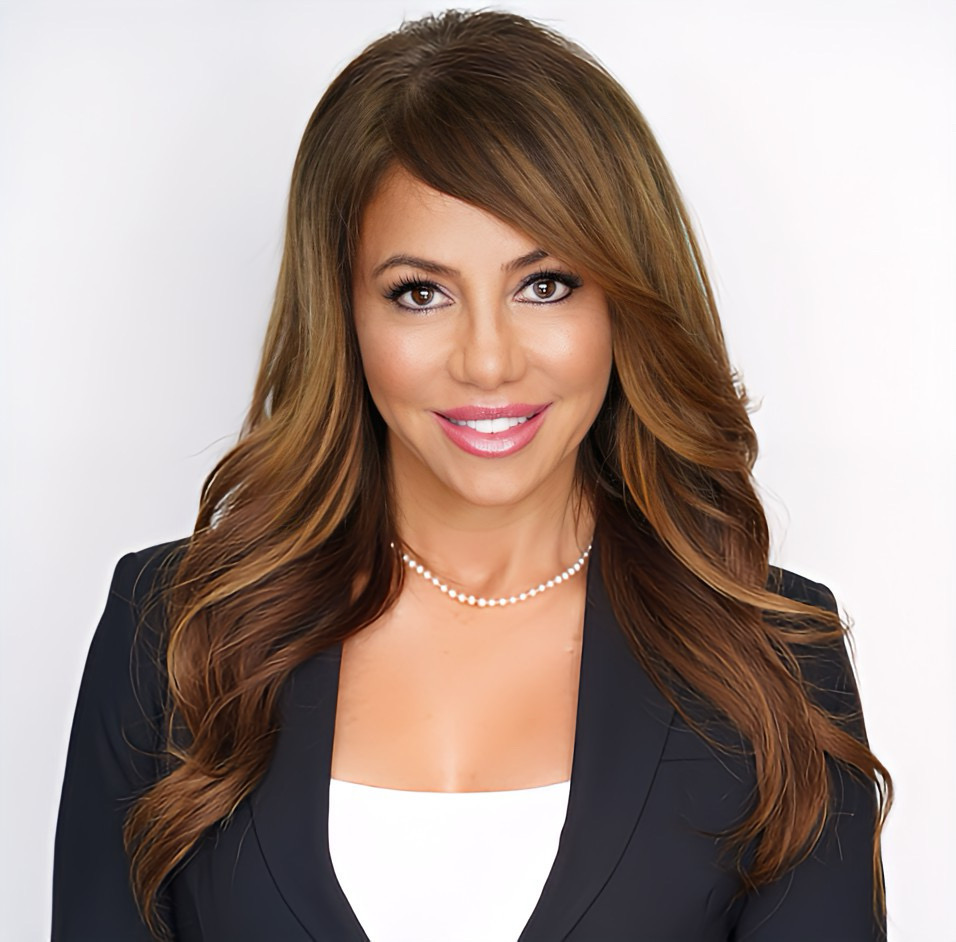We caught up with the brilliant and insightful Salandra Grice a few weeks ago and have shared our conversation below.
Salandra, thanks for taking the time to share your thoughts with us today. We’re excited to dive into your story and your work, but first let’s start with a broader topic that might be stopping many of our readers from pursuing their dreams – haters, nay-sayers, etc. How have you managed to persist despite haters and nay-sayers that inevitably follow folks who are doing something unique, special or off the beaten path?
As a teacher educator committed to coaching and supporting educators and school leaders in developing equity-minded dispositions, my efforts (and the efforts of others) have come under attack. In recent years, fighting for equity in education has become increasingly difficult. As the number of diverse students continues to increase and the demand for equal access to quality education continues to be denied, it can seem like an uphill battle. However, as someone committed to creating equitable changes in today’s K-12 schools, there are still ways to make sure that our voice is heard and that the message of change for the good of all students is not falling on deaf ears.
For me, when it comes to fighting for educational equity, I often remind myself that I don’t have to do it alone. In this world of educational turmoil, having a strong community support system is essential for success. I am blessed to have been able to find other educators, parents, community advocates and the like, who are also dedicated to the cause and join forces with them. Knowing that people have my back, it’s much easier to stay motivated and keep pushing forward even when I encounter opposition or roadblocks along the way.
I also try to stay positive! It’s easy to get discouraged when trying to push through changes as large as achieving educational equity—after all, these issues have been around since long before many of us were born! However, dwelling on the negative aspects of this fight won’t help bring about real change; instead, I try focusing on positive outcomes from small wins in individual teachers’ classrooms that I’ve helped along the way. I try to celebrate each victory no matter how small because those little successes add up over time! I also try viewing opposition as an opportunity rather than something to fear. I use arguments against equity in education as a chance for growth and furthering not just my own but others’ knowledge base. Most often I find opposition to creating positive classroom environments where all students are valued, affirmed, and successful comes from a lack of knowledge or misinformation.
Appreciate the insights and wisdom. Before we dig deeper and ask you about the skills that matter and more, maybe you can tell our readers about yourself?
I am a former educator turned Equity Education Consultant. My transition from the classroom into consulting has been a journey in itself! I started this path a little over 5 years ago and today can say that I am blessed to not only have worked with teachers across Texas but across the U.S. and Canada in helping them develop, implement, and sustain equitable classroom practices. This field in education is sorely underutilized in many schools across the nation. Creating classrooms which embrace, empower, educate, and include every student continues to be a daunting task. Nonetheless, my passion for supporting educators committed to reversing decades of educational malpractice continues to be my focus and our reach is getting larger!
Currently, we support educators through professional development experiences through my consulting company Conscious Education Consulting, LLC. Every professional learning experience is created to help every educator grow in their culturally responsive mindsets, create positive learning environments, and develop curriculum which excites, engages, and teaches diverse students essential content knowledge and skills. Additionally, I’ve moved into the nonprofit sector by founding Conscious Educators for Equity. I realized many teachers want this kind of learning experience, however, cannot afford it or their schools are not yet invested in schoolwide approaches towards equity work. This nonprofit provides the same high-quality learning for educators while also making it financially accessible through our current Pay-What-You-Can model. Yes, it’s that affordable! Right now, we are accepting teacher and school leader applicants to join our Conscious Academy Summer 2023 Cohort! We’ll meet June 26-30, 2023 for 5 days of in-depth and transformative learning in culturally responsive and equity-focused practices in Houston, Texas. Any interested educators should apply at https://consciouseducatorsforequity.org/cohorts!
There is so much advice out there about all the different skills and qualities folks need to develop in order to succeed in today’s highly competitive environment and often it can feel overwhelming. So, if we had to break it down to just the three that matter most, which three skills or qualities would you focus on?
Looking back, advocating and creating equitable spaces within schools is a journey in itself. Many believe equity only consists of putting a set of practices and tangible reforms in place and we’re done. It’s not so simple. Equity is more than a practice; it’s a mindset. It takes educators who believe in equity and who are invested in seeing it manifest. They must have a willingness to become self-reflective, a commitment to growing their cultural competence, and their social awareness of historical and contemporary inequities. This does not happen overnight and not everyone will understand its importance or support the kind of work needed to see it happen.
When advocating for educational equity, I like to keep three things in mind: data, data, data! Yes, the feel-good version of “it makes the world a better place” sounds nice, but let’s be real, a lot of folks don’t care about that; they care about the bottom line! It is important to always come prepared with the facts surrounding historical and current inequities and data that illustrate why creating equitable spaces that support the achievement of all students is so important and how it benefits everyone. This means researching current policies, understanding what needs improvement when working with school leaders, and utilizing best practice in coming up with viable solutions that will actually result in progress rather than stagnation or regression. By having concrete evidence to back up your argument that all students should have equitable opportunity to be successful in schools (and which ones currently don’t), you will be better equipped to address any opposition you may face while also increasing your chances of success overall. Having a roadmap on how we can move towards creating change is essential too, which is what my cohorts and professional development sessions guide educators through.
Persisting in pursuing educational equality can be daunting but ultimately rewarding work. It requires dedication, intention, preparation, hard work—and most importantly—a willingness not give up despite any obstacles that might arise along the way. Finding supportive educational stakeholders who understand why equity in education is so important, arming yourself with facts and data related to the inequities students face, and staying positive throughout the process, you can make sure that your voice is heard loud and clear while helping create lasting change within our society’s education system!
Who is your ideal client or what sort of characteristics would make someone an ideal client for you?
Frankly, doing this work and engaging educators in changing their current educational landscape through equitable practices is not for everyone. I will say that yes, there is a certain type of teacher that will be successful in this transformative process and a certain type that won’t. In my experience in working with educators and school leaders across the U.S. there are a few essential characteristics or dispositions needed in this work. For one, educators must be open to change. Many of us educators have been doing the same thing for so long (and expecting different results) that it can be difficult to break those habits in the classroom. However, if we are open to change, we can effectively implement teaching practices more aligned with equity even if it’s something we’ve never done before.
Second, educators must be self-reflective and willing to rethink what we thought was “good teaching.” If it turns out that one of our traditional educational practices may actually be working against our equity efforts, we have to be willing to try something better suited for the needs of the students in front of us. Don’t me wrong, self-reflection is not easy and some teachers feel like they are being blamed for everything that’s not working in schools. That’s far from it. Yes, I work to help educators understand how we contribute to the issue but more importantly how our educational system creates inequities, too. Finally, commitment is needed, as becoming what I call a “conscious educator” is not an overnight process and it is not a silver bullet; it is a journey. I am always looking forward to working with and supporting educators and school leaders who are willing to look at not only their own practices, but schoolwide and district wide practices as well. Not to sound cliche, but it does take a village! Everyone has to be on board or equity doesn’t travel as far as it needs to.
Contact Info:
- Website: https://consciouseducatorsforequity.org/
- Instagram: @educators4equity2023
- Facebook: @educators4equity2023
- Linkedin: www.linkedin.com/in/salandragrice
- Twitter: @GriceSalandra
- Other: www.consciousednow.com






Image Credits
I own the rights to these photos.




